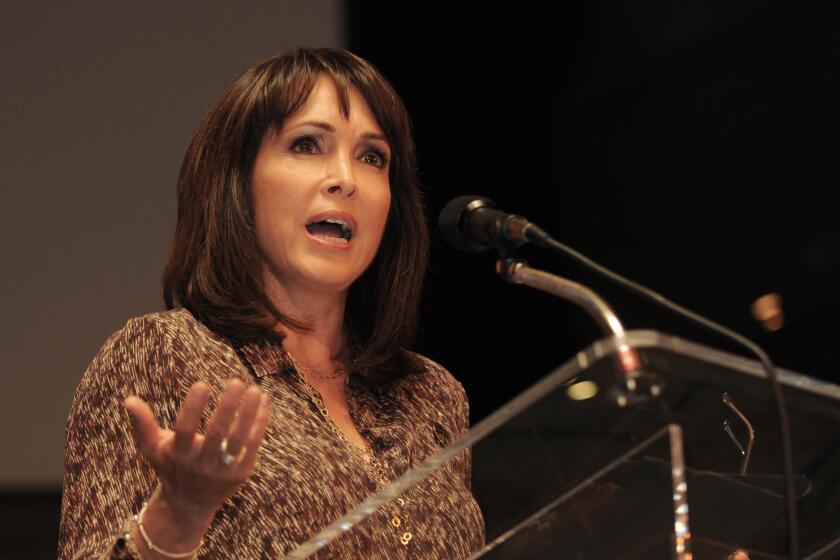Opportunity Rarely Knocks at Their Door : The odds are tough if you’re young, black and male
- Share via
As a child, he’s often the adorable cuddly kid who, in the world of television, everyone wants to adopt. But in real life, by the time he’s a teen-ager, he’s the one who, on the street or in an elevator, many women instinctively move away from--clutching their purses.
He is the young black man in America.
More and more often he grows up to be a doctor, lawyer, businessman, manager, technician, politician, or government worker. But the successes of young black men--like the exemplary student who recently completed degrees from Harvard Law School and Medical School--get lost in staggering statistics that frame the tragedies of the poorest and most troubled quarter of their ranks.
The stigma is strong despite the individual achievements of Gen. Colin Powell, Chairman of the Joint Chiefs of Staff, Virginia’s Gov. Douglas Wilder and others, most notably in government and politics.
The number of black elected officials, overwhelmingly male, is at a record high of 7,370. Barely 300 African-Americans held office before the passage of civil rights laws.
The achievements of the prospering one-third of black Americans are worth noting; the number of middle- class black professionals rose by more than 50% during the past decade. But those accomplishments can not mask the grim statistics of the ghetto poor, particularly young, black men.
Poor black men, between the ages of 20 and 29, are a generation at risk. An alarming number are dropping out of school, fathering children in name only, abusing drugs, going to prison, becoming homeless, killing each other and dying at an early age.
Dr. Jewelle Taylor Gibbs of UC Berkeley uses six major indicators--education, employment, crime, drug abuse, teen-age parenthood, homicide and suicide--to frame this national tragedy.
The missed opportunities often start at birth. One-fifth of black children are born to very poor teen-agers whose children are most likely to repeat the cycle of early and poor parenting. Too many of these overburdened mothers cannot teach what they do not know. They cannot teach a boy what is expected of him as a man or responsible father. Fatherless sons once needed only to look next-door to find admirable male role models. Black neighborhoods were robust and economically diverse before public housing projects, and to some degree, integration isolated the very poor from the growing black middle class. As poor communities hardened and grew more dangerous, the tradition of neighbor helping neighbor was replaced by neighbor killing neighbor.
The missed opportunities continue disproportionately at urban schools. Most children are taught by women. Some black boys have a hard time identifying with female teachers who, some studies suggest, disproportionately single them out for discipline and special-education classes.
Many poor black boys begin to fall behind in fourth grade, a transitional grade, as the curriculum becomes harder and children become more independent. For too many, academic learning simply stops.
Early failure cripples many futures. Today, one out of five black male teen-agers cannot read at the fourth-grade level. And that is only the beginning of the lost potential.
More to Read
The complete guide to home viewing
Get Screen Gab for everything about the TV shows and streaming movies everyone’s talking about.
You may occasionally receive promotional content from the Los Angeles Times.






